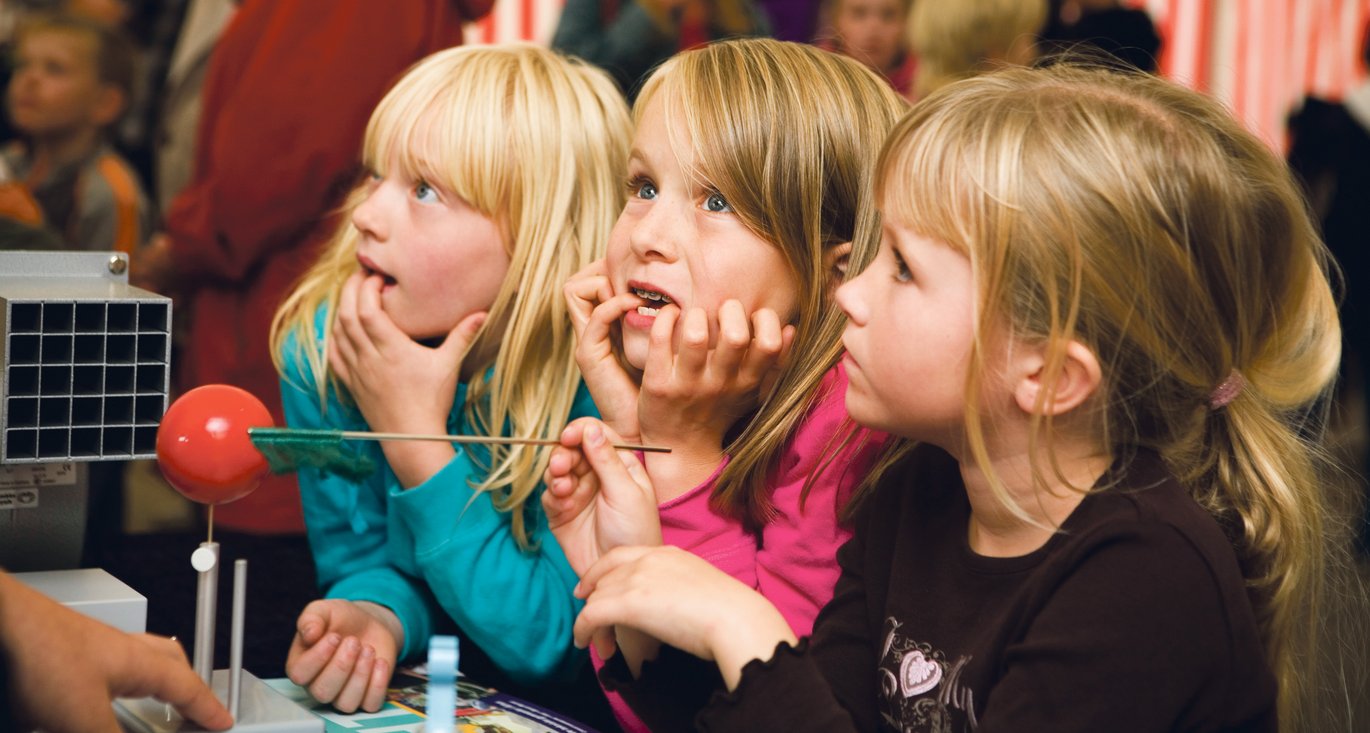Early success
In its quest to lure talented professors and researchers – and their families – from around the world, AU has been collaborating with an international kindergarten and primary school.

Aarhus University is so intent on developing a global presence that it is opening an international kindergarten.
OK, that’s not entirely true – Aarhus University is not actually building a kindergarten. But AU’s ambition to increase its international standing involves, among other things, making sure international professors and researchers are taken care of.
And sometimes, that includes making sure their kids have a place to go to school.
That’s where the Aarhus International School comes in. Aarhus International School has nothing to do with AU, per se. AU offers no funding, and it’s not as though students can receive ECTS credits there.
Still, there is a relationship between AU and the Aarhus International School. Bodil Due, former Dean of the Faculty of Humanities, holds a position on the board of the Aarhus International School. And maybe more to the point, AU is part of the reason that there is a market for the school in the first place.
“We did a survey among the PhD students and other international employees at the university”, says Louise Poulsen, a spokesperson for the Aarhus International School. “We have asked a lot of questions and we’ve realised that there is demand for this.”
She adds, “AU has a good international strategy so of course it will have more international employees, and we wanted to meet those demands”.
The demand goes both ways – the children of those employed at AU will help fill the classrooms of the International School, and the International School will fill the void left by the lack of similar schools in Aarhus.
Currently, there are two schools in Aarhus that meet the qualifications for International Baccalaureate, or IB, an educational foun-dation that has affiliates around the world. All IB schools follow similar curricula, so children at an IB school in, say, Denmark, can continue their education at any IB school in the world.
However, one of Aarhus’ IB schools is a high school, or “gymnasium”, and the other is a primary school – with no kindergarten.
The Aarhus International School hopes to alleviate the city’s IB deficiencies. It will offer kindergarten classes starting in November, and primary school classes starting next autumn.
What happens in primary school may seem superfluous to the success of a university. But according to Michael Winther, a consultant in the International Centre who deals with the recruitment of foreign teachers and researchers, this has been a recurring issue for AU.
“We’ve experienced people saying, ‘We like the university, we like the atmosphere, but we think it’s a problem that our child will get an education that does not translate to a school outside Denmark”, Winther says. “This is something that has come up when we try to convince people to come to Aarhus. This is one of the questions that’s on top of their mind.”
No longer will it be a concern
“It’s obvious that the university has a great interest in the existence of an international kindergarten and international school”, Due says. “It will help us get more and more international staff. That’s why the university wants to help create this school.”
